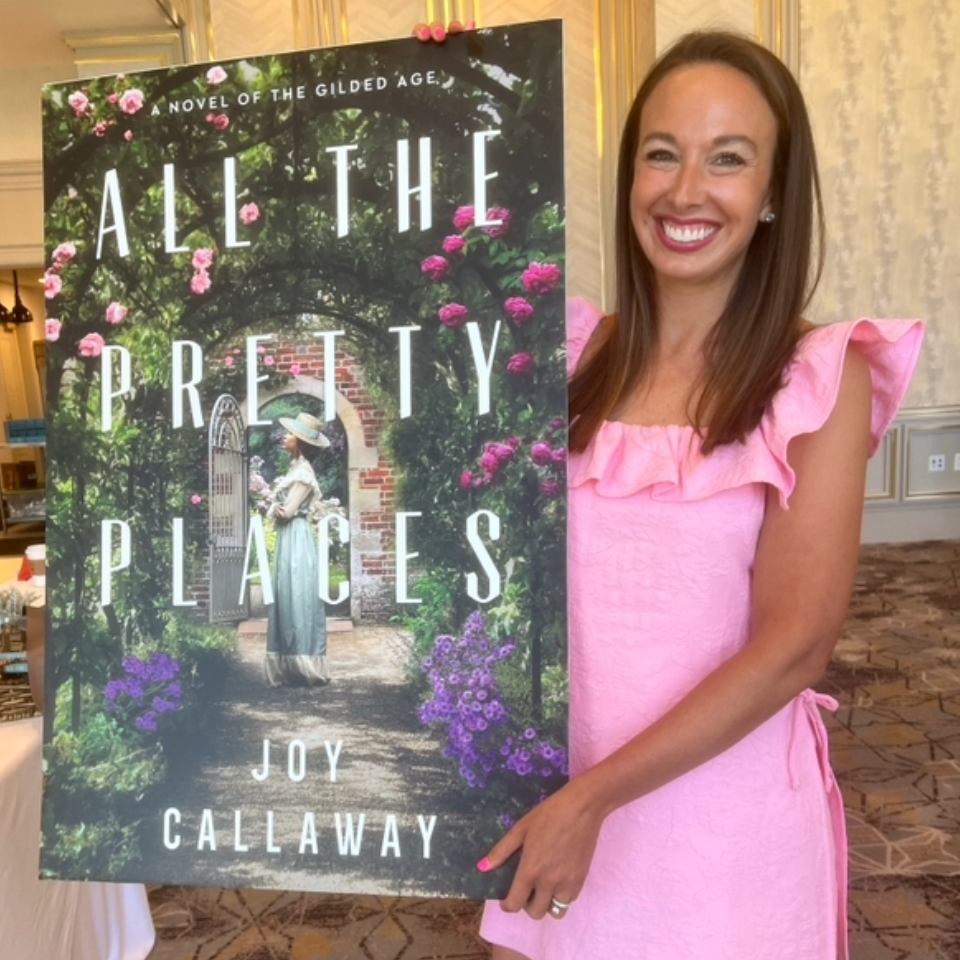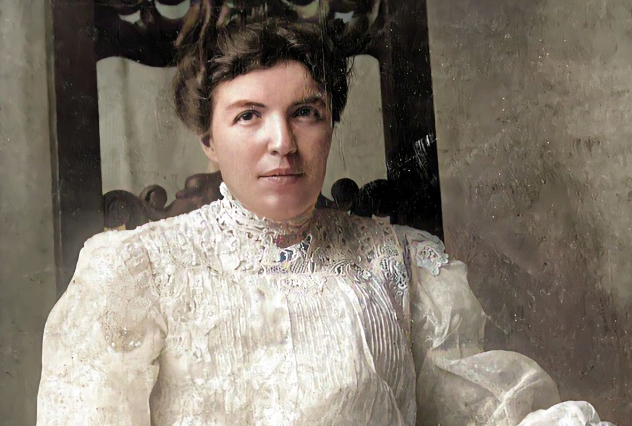
Author Joy Callaway Explores Access to Nature
A web-exclusive interview
By Krisha Chachra | Photos courtesy of Joy Callaway
South Charlotte resident Joy Callaway always knew she wanted to write when she grew up, but she never imagined being a full-time novelist.
“My brother and I weren’t really allowed to watch TV as kids,” says Callaway. “I filled my free time with writing plays, stories and magazines.”
The imagination that inspired the South Mecklenburg High School grad to create magazines led her to a career of writing six novels in seven years. Callaway’s fourth book, “All the Pretty Places,” hit bookstores last spring.
Callaway graduated from Marshall University and then pursued a graduate degree in mass communications at the University of South Carolina. A self-proclaimed “nerd and lover of history,” she often dug into newspaper archives, old letters, photos and ancestry records just for fun. When she tried writing a book, she received two rejections. But three years later, she signed a literary agent and got a book deal.


“I research for around three to six months before I bullet-point my story. The actual writing portion of my process takes anywhere from six to nine months,” she explains.
Like Callaway’s other books, “All the Pretty Places” takes place in the Gilded Age — the timeframe in American history between the Civil War and the turn of the century.
“In so many ways, the Gilded Age seems like a fantasy. When we think of that era today, it’s about opulence and the ‘American aristocracy’ that formed during that time,” explains Callaway. “I’m drawn in by the glitz, but also by the vast societal change and imagining what the average person’s life was like.”
Some norms prominent in the Gilded Age, such as the lack of women in the workplace or equal access to beautiful spaces, art and nature, are explored and challenged in “All the Pretty Places.”
The story is inspired by Callaway’s great-great-grandmother, Sadie Fremd, and her family, who ran the largest nursery in New York during the Gilded Age. Sadie and her husband, Sam Jenkins, believed natural beauty — plants, flowers, trees and curated gardens — should be enjoyed by everyone, not just society’s elite.
“During the Gilded Age, there were very few parks and open spaces for the public to enjoy,” Callaway says. “Sadie’s parents were immigrants from Germany and England, and her father, Charles, was a trained horticulturist…so they started a nursery in the New York area.”
The nursery expanded to 100 acres, and Sadie eventually took it over despite her father’s disapproval of a woman owning the family business. She found herself drawn to projects that would offer the average person the chance to experience the transformative power of nature no matter their income.
Callaway wrote “All the Pretty Places” during the pandemic and remembers thinking about how public places of natural beauty weren’t available during Sadie’s time.
“I walked around my neighborhood or on Charlotte’s greenways and enjoyed the flowers and fresh air and thought about how being in nature was so helpful during COVID,” she recalls.
“When I was researching the book, I poured over photos of New York’s factory district during the Gilded Age and noticed the sky was covered in smog; the streets were filled with sewage and mud. There were no trees, plants or flowers anywhere.”
In the book, Callaway discusses how people can be starved for nature. She believes denying that natural craving for open, outdoor spaces of beauty can impact all of us deeply.
Additionally, Callaway thinks everyone can relate to Sadie’s story.
“We are all born with passions and gifts, and sometimes we are met with resistance when we try to pursue them,” she says. “It is worth your time to persevere, not only for our own fulfillment but also for the benefit of others.”
Callaway’s next book, “What the Mountains Remember,” is set in Asheville, North Carolina and will be released in April 2024. Like many authors, Callaway would love to see one of her stories adapted to film or TV.
“My goal with writing, however, is always to keep writing,” Callaway says. “As long as people keep reading, recommending and purchasing books, authors like me will keep writing them.”


